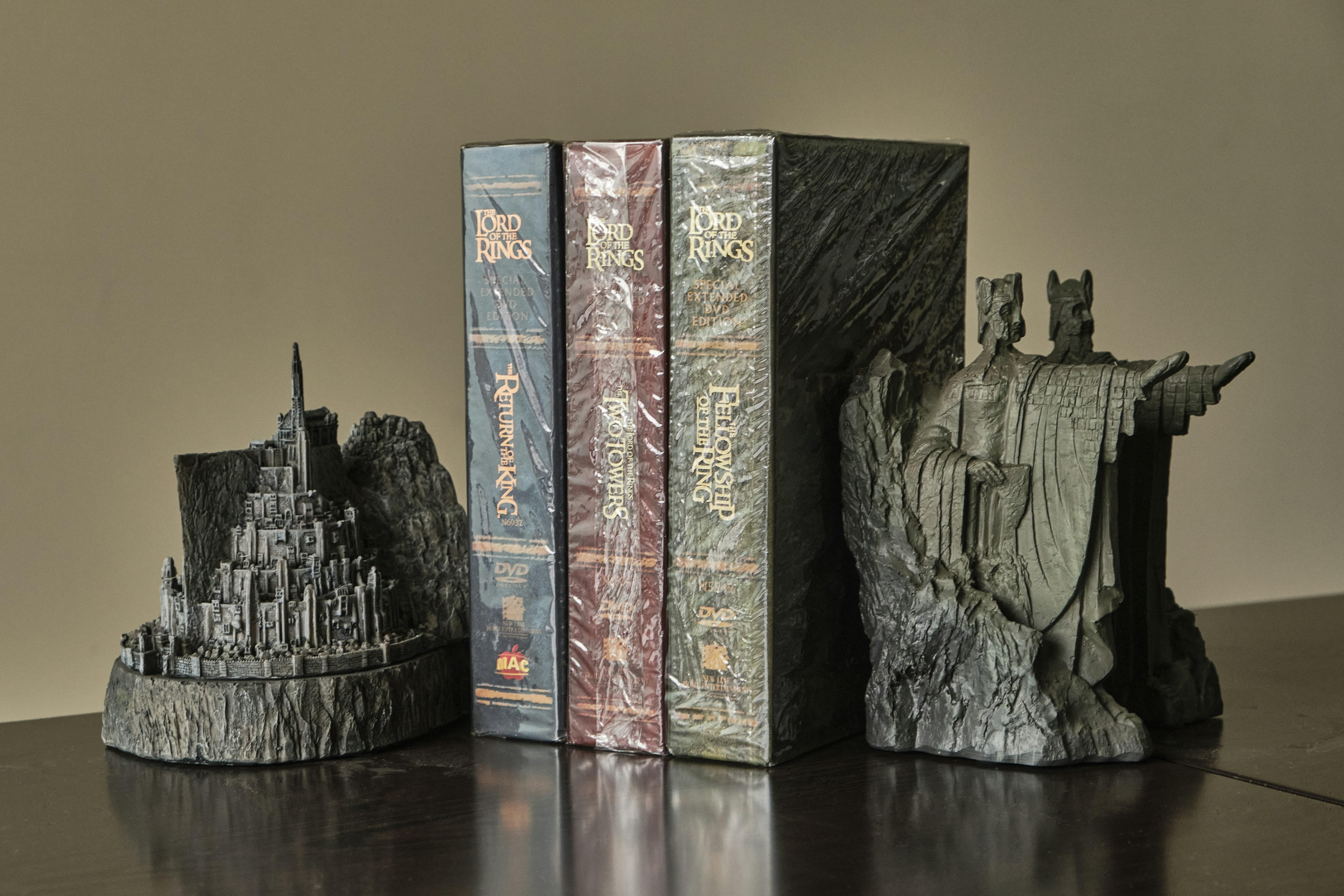The Lord of the Rings film trilogy, directed by Peter Jackson, stands as a monumental achievement in the realm of cinematic storytelling, renowned for its seamless integration of practical and computer-generated imagery (CGI) effects. As audiences were transported to the richly detailed world of Middle-earth, the trilogy set a new benchmark for visual storytelling by masterfully balancing traditional practical effects with cutting-edge digital technology. This article aims to analytically explore the impact of these two approaches—practical effects, which include makeup, prosthetics, and miniatures, and CGI, which encompasses digital environments and characters—on the trilogy’s narrative and aesthetic success. By examining key scenes and their respective techniques, we seek to understand how the interplay of practical and CGI effects contributed to the trilogy’s immersive experience, influenced audience perception, and set a precedent for future fantasy films.
Comparison of Practical and CGI Effects in The Lord of the Rings
The Lord of the Rings trilogy is often hailed as a masterclass in the seamless integration of practical effects and CGI, crafting a visually stunning and immersive experience. On one hand, practical effects bring a tangible authenticity to the films, with handcrafted sets, intricate costumes, and meticulously designed props. These elements contribute to a sense of realism that helps ground the fantastical narrative in a believable world. Notable examples include:
- The detailed miniatures, or “bigatures,” used to create iconic locations such as Minas Tirith and Helm’s Deep.
- Prosthetic makeup and animatronics for characters like the Orcs and Uruk-hai, enhancing their menacing presence.
In contrast, CGI effects offer the ability to depict scenes and creatures that would be impossible to achieve practically. The trilogy utilized cutting-edge technology to create the massive armies and epic battles, as well as the digital rendering of Gollum, which remains a benchmark for character animation. CGI allowed for:
- The creation of vast landscapes and environments that extend beyond the limitations of physical sets.
- The dynamic and fluid motion of Gollum, brought to life through performance capture and digital artistry.
Ultimately, it is the judicious balance between practical effects and CGI that sets The Lord of the Rings apart, with each technique complementing the other to enhance the storytelling and visual grandeur of the films.
Detailed Analysis of Visual Realism and Audience Engagement
The journey through Middle-earth in ”The Lord of the Rings” trilogy offers a fascinating case study in the balance between practical effects and CGI. Practical effects, such as the use of miniatures, prosthetics, and location shooting, lend a tangible authenticity that resonates deeply with audiences. These methods create a sense of realism that engages viewers, allowing them to become fully immersed in the world. For instance, the detailed craftsmanship in the creation of props and costumes adds layers of depth, making each scene more believable and the storytelling more impactful.
- Miniatures: Utilized to depict vast landscapes and intricate architectural designs.
- Prosthetics and Makeup: Brought mythical creatures to life with unparalleled realism.
- On-location Filming: Enhanced the authenticity of Middle-earth’s varied terrains.
Conversely, CGI effects provide a broader canvas for creativity, enabling the depiction of large-scale battles and fantastical elements that would be impossible to achieve otherwise. The seamless integration of CGI into practical settings is crucial for maintaining visual continuity. While some critics argue that CGI can sometimes detract from the authenticity, when used judiciously, it can complement practical effects by expanding the scope of the narrative and enhancing visual storytelling. This combination allows for a more dynamic and engaging experience, captivating audiences with both the beauty of handcrafted artistry and the spectacle of digital innovation.

Economic and Production Implications of Special Effects Choices
The decision between practical effects and CGI in filmmaking carries significant economic and production implications, as evidenced by Peter Jackson’s “The Lord of the Rings” trilogy. Practical effects, while often more costly and labor-intensive upfront, can offer tangible benefits in terms of realism and authenticity. For instance, the use of intricate prosthetics and detailed set designs can enhance the immersive experience for both actors and audiences. This approach often requires a larger workforce, including skilled artisans and craftsmen, which can drive up initial production costs but may also create jobs and stimulate local economies.
On the other hand, CGI can provide cost efficiencies in terms of scalability and post-production flexibility. While the initial investment in technology and skilled personnel can be high, CGI allows filmmakers to create expansive worlds and complex scenes without the physical limitations of practical effects. This can lead to significant savings in areas like logistics and material costs. However, the reliance on digital effects can also impact the perceived authenticity of the film, which may influence its reception and, consequently, its financial success. The balance between these approaches is crucial, as it shapes not only the film’s budget but also its cultural and commercial impact. Key considerations include:
- Budget Allocation: Distribution of funds between labor-intensive practical effects and technology-driven CGI.
- Workforce Requirements: The need for skilled artisans versus digital artists and technicians.
- Market Reception: Audience preference for tangible realism versus digital spectacle.

Recommendations for Future Fantasy Film Productions
In the wake of the groundbreaking work seen in The Lord of the Rings, future fantasy film productions can benefit from a balanced approach between practical effects and CGI. Practical effects provide a tangible, immersive experience that grounds the audience in the film’s world, creating a sense of authenticity and realism. They offer the actors a physical space to interact with, enhancing performances and creating a more organic connection with the environment. On the other hand, CGI effects enable filmmakers to transcend the limitations of reality, crafting fantastical landscapes and creatures that would be impossible to achieve practically. This technology allows for creative freedom and the ability to bring complex visions to life with precision and detail.
To maximize the impact of both techniques, filmmakers should consider the following recommendations:
- Blend practical effects with CGI: Use practical effects to establish realism and CGI to enhance and expand upon it.
- Prioritize storytelling: Ensure that the choice between practical and CGI effects serves the narrative and emotional impact of the scene.
- Invest in quality: High-quality effects, whether practical or CGI, contribute significantly to the film’s believability and audience engagement.
- Collaborate closely: Encourage open communication between practical and digital effects teams to ensure a seamless integration of both mediums.
By strategically integrating these elements, future fantasy films can create visually stunning and emotionally resonant experiences that captivate audiences worldwide.
